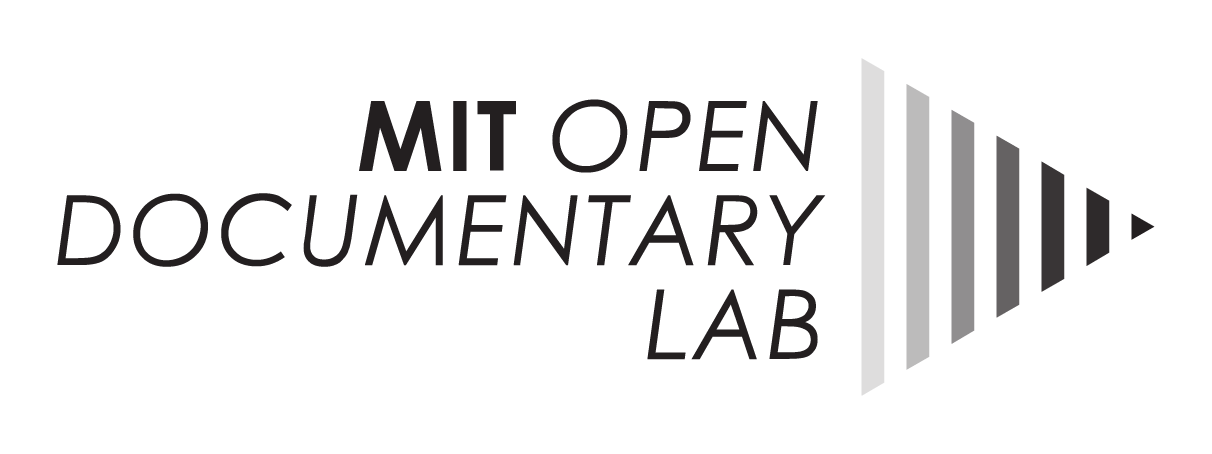
30 Jan Video Interview | Mandy Rose defines interactive documentary
The OpenDocLab team is pleased to welcome Arnau Gifreu Castells as an OpenDocLab visiting research affiliate. A Professor of Communication Studies at the Universitat Oberta de Catalunya (UOC) and the Universitat de Vic (UVIC), Arnau is also a member of the i-Docs group. The Director of the UVIC_Lab, the Digital Content Laboratory at UVIC, he has also held research lecturer positions at Harvard University (Harvard Metalab) and York University (Future Cinema Lab).
Arnau is in the process of interviewing a number of practitioners, scholars, and students of interactive documentary about the state of the field. He will be posting select clips on the OpenDocLab website. Below you’ll find Part 1 of an interview with i-docs expert Mandy Rose.
In this series we focus on the theoretical part of the study of interactive documentary. We will conduct video interviews with the main experts in the field based on six key questions: (1) the definition, how would they define the interactive documentary; (2) the evolution of the form, whether they believe that the interactive documentary is a natural evolution of the linear documentary; (3) the change in the logics and dynamics, if they believe there is a change in the logics of production, distribution and exhibition; (4) the role of the author, if they believe that the role of the author is threatened; (5) the business model; and (6) their views on the production, research and events organized by countries that are active in this field, placing special emphasis on Canada and France.
Our fourth interviewee is Mandy Rose @CollabDocs, Associate Professor and Director of the Digital Cultures Research Centre (DCRC), University of the West of England. She researches the intersection between documentary and networked culture. Mandy has led ground-breaking participatory and interactive projects for the BBC including Video Nation (94-2000), and Capture Wales (2001-2007). Her research is reflected on the CollabDocs blog http://collabdocs.wordpress.com/ & @CollabDocs. She is a contributing Editor to the i-docs website. In this video interview Mandy answers the first two questions:
1. How would you define the interactive documentary?
[vimeo]https://vimeo.com/75664192[/vimeo]
Mandy Rose defines interactive documentary as an interactive text in which participants engage with the content, but in her everyday work she prefers to consider it as an open space where documentary opens up to participation at different levels: production, reception (the audience is an active agent in the process of the experience), etc.
2. Do you believe that the interactive documentary is a natural evolution of the linear documentary?
[vimeo]https://vimeo.com/75664194[/vimeo]
Rose considers the interactive form as a very significant evolution from the traditional documentary genre. She sees documentary basically as storytelling. In particular she sees the social documentary as something honest, a choreography of multiple voices on which the audience can reflect. In the 20th Century the documentary was about the creation of meaning – a single author shaped the piece. Currently, thanks to the novel possibilities that the new technologies provide, people are creating documentaries in ways never previously imagined. She cites the examples of early documentaries, such as Nanook of the North, in which the process of recording and editing was shaped by both the director (Robert Flaherty) and the Itvimuit schimo, rebuilding the iglu, staging for the camera, etc. Finally she quotes Jean Rouch as another early example of a director who conceived the participatory and collaborative aspects of the documentary process itself.
Arnau Gifreu Castells (PhD)
Research Affiliate, MIT Open Documentary Lab
agifreu@mit.edu



